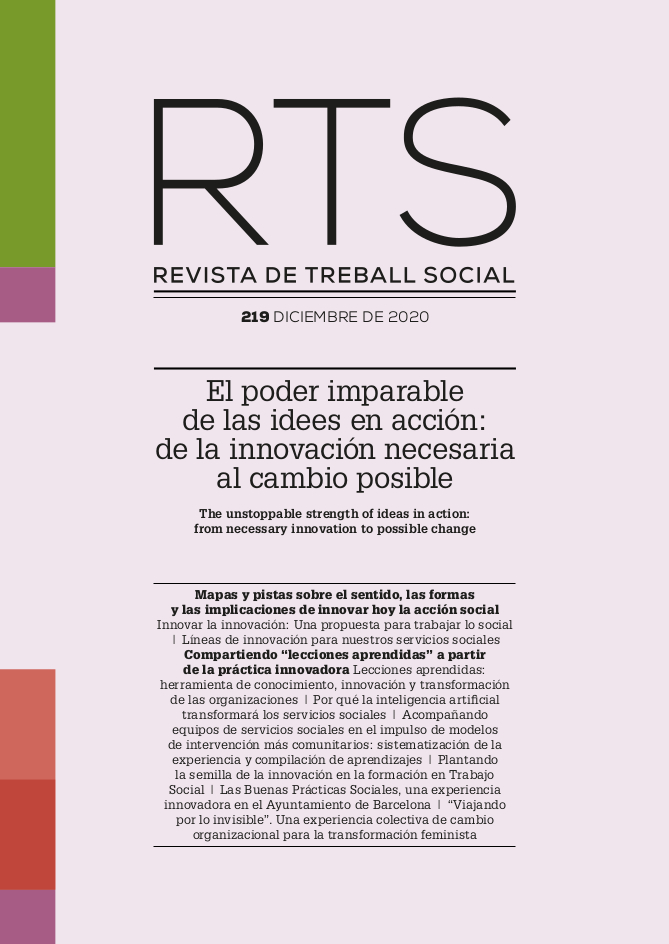A project, period or moment such as the current crisis always provides an extraordinary opportunity for the organisation to transform its actions into knowledge and to learn from how it does things.
However, there is the opportunity to increase the reliability of these learning experiences and to transform them into valuable lessons learned for the organisation if it triggers a conscious, collective analysis of what has happened, the decisions made, the actions carried out, the results obtained and what the situation has revealed which, in other more common and everyday circumstances, is not easily seen.
Of the different forms of organisational learning, the methodology for gaining lessons learned is one of the simplest and most comprehensive, since it is intended to be incorporated into the everyday life of the teams, embedding the routine of continuous improvement and innovation in the culture of the organisation.





